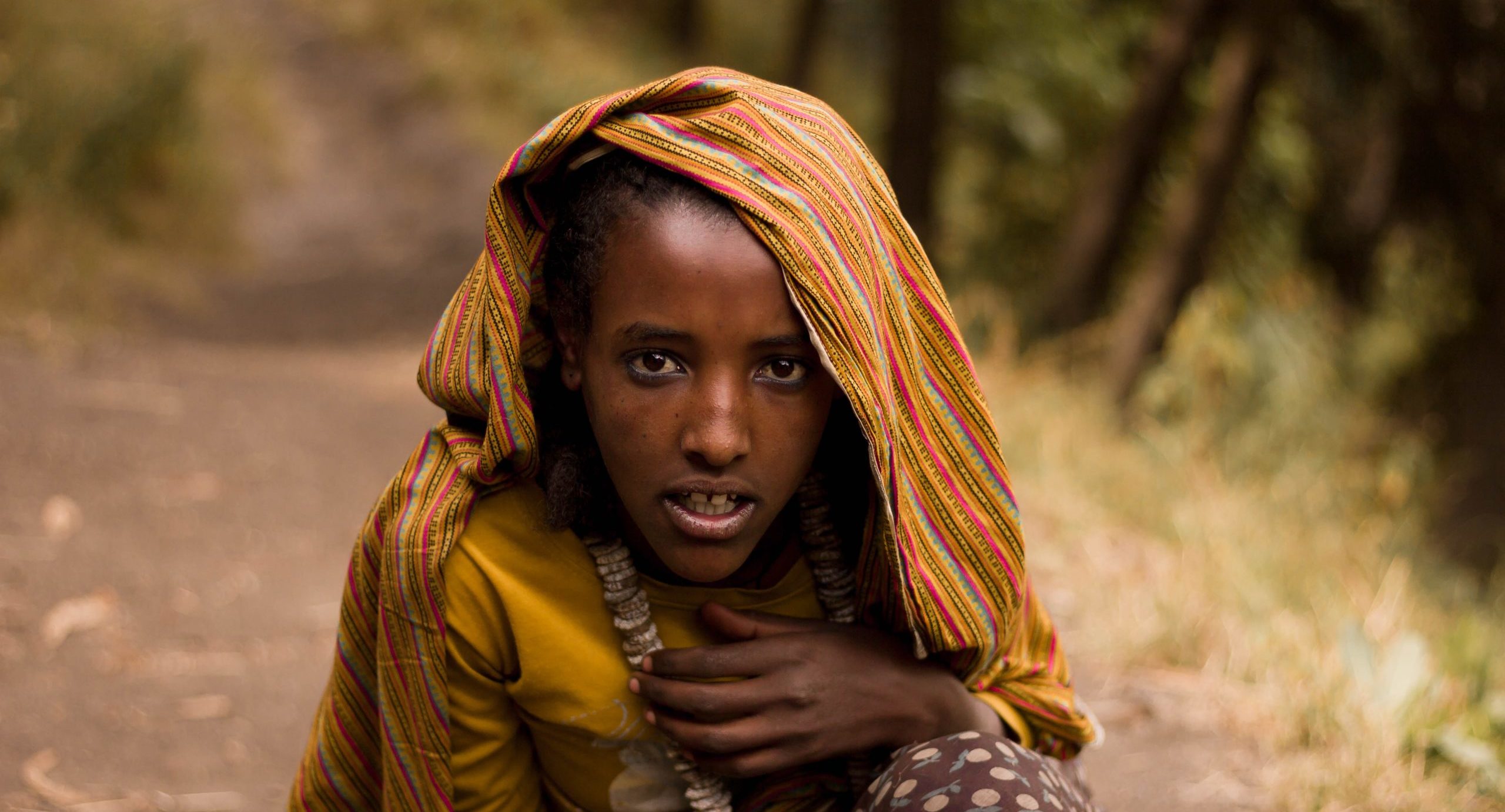On April 22, the United Nations Security Council issued its first joint statement on the conflict in the Tigray region of Ethiopia, over six months after the eruption of violence. Expressing “deep concern” over the reports of human rights violations, the UNSC called for the Ethiopian government to allow humanitarian response organizations unhindered access to Tigray. As allegations of sexual violence grow within the region, limited access to humanitarian aid proves to have disproportionate consequences for women.
The northern Ethiopian region of Tigray has been embroiled in war since last November, when tensions between the Ethiopian Government and the Tigrayan People’s Liberation Front (TPLF), which was in power for over 30 years, erupted into violence. After Prime Minister Abiy Ahmed launched a military offensive in response to the TPLF’s attack on a federal military site, the violence quickly grew into what US Secretary of State Antony Blinken has described as “ethnic cleansing,” leading the Ethiopian government to restrict the access of media and humanitarian aid into parts of Tigray as they attempt to downplay the crisis and declare victory over the TPLF “insurgents.”
Women in Ethiopia, who experience gendered vulnerabilities and threats to their security even during peacetime, are particularly hurt by the lack of humanitarian access to populations in need. Without the protection of humanitarian organizations, women are vulnerable to the sexual and gender-based violence that frequently accompanies the breakdown of political, economic, legal and social institutions during wartime. While over 500 Ethiopian women have formally alleged sexual violence in Tigray, the true number is likely much higher as women’s bodies become another ground upon which the war can be fought. The decision of the Ethiopian government to deny humanitarian access to Tigray has left women at risk of victimization of gender-based violence the physical and mental repercussions of that trauma, as well as backlash and stigmatization from a patriarchal community that views survivors of rape and sexual violence to be at fault.
Without the protection of humanitarian organizations, women are vulnerable to the sexual and gender-based violence that frequently accompanies the breakdown of political, economic, legal and social institutions during wartime.
As the people of Tigray are forced to migrate in search of increased protection from physical and sexual violence, the restricted humanitarian access to Ethiopia also poses a threat to displaced women. Médecins Sans Frontiéres reports that the influx of displaced people to Tigrayan cities presents a significant humanitarian crisis, as the existing resources are being quickly depleted and IDPs are forced to settle in informal sites without basic services. As over half of the displaced population consists of women, many of whom are pregnant or caring for infants, the lack of humanitarian aid presents serious health concerns. The breakdown of infrastructure during conflict often means that women are left to give birth in hazardous conditions without proper medical assistance, significantly increasing the risks of childbirth and postnatal health complications for both mother and baby. This risk is compounded with the insecurity of gender-based violence, and many Ethiopian women have claimed that Eritrean soldiers target women who attempt to receive medical services at the few functioning hospitals in the area.
Humanitarian assistance is also vital to the reduction of economic insecurity for displaced women. As conflict often forces women to take on the role traditionally held by men as the head of the household, they are unexpectedly burdened with providing financial support for their families. Ethiopian women are underserved by the national education system, leaving them with limited skills with which to engage in the labor market. Without the projects and programs that humanitarian organizations implement to provide women with skills and income-generating opportunities, they are often forced to engage in high-risk behavior, such as sex work and transactional relationships to support themselves and their families. Lacking the services provided by humanitarian aid, some Tigrayan women have reported being “forced by military elements to have sex in exchange for basic commodities.”
To be sure, humanitarian efforts in the Tigray region have been scaled-up in recent weeks as the Ethiopian government eases restrictions on international access to the region. However, the current response lacks the capacity to effectively aid the roughly 4.5 million people in need of assistance, according to the spokesperson for UN Secretary-General Antonio Guterres. The ongoing hostilities and lack of electricity in the area have complicated the administration of aid to the more remote areas of Tigray and significantly impact reporting and monitoring of the conflict. The UN Office for the Coordination of Humanitarian Affairs (OCHA) and aid cluster partners have been able to assist an estimated 285,000 people — 10% of the targeted population.
As the restriction of access for humanitarian organizations is lifted in Tigray, the insecurity and victimization faced by women during the period of limited entry must be acknowledged. Aid workers must prioritize the prevention and response of gender-based violence and other gendered insecurities within the distribution of aid.
Kallie Mitchell is an MA candidate and ICRS Scholar at the Institute for Comparative and Regional Studies (ICRS) at the Josef Korbel School of International Studies, University of Denver.





















